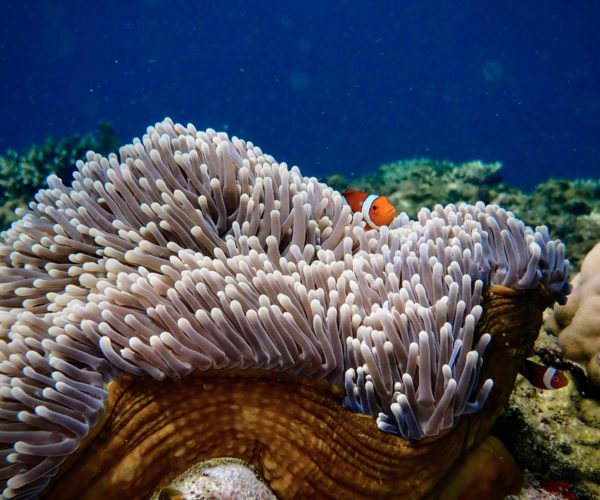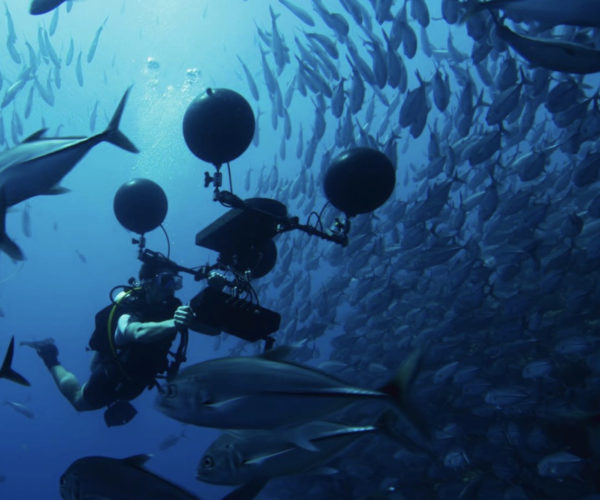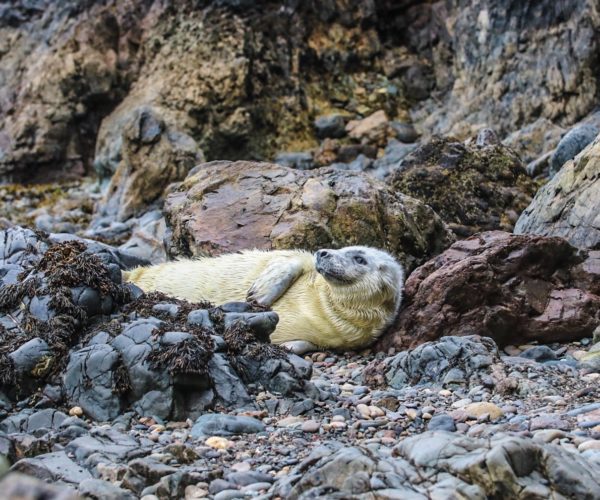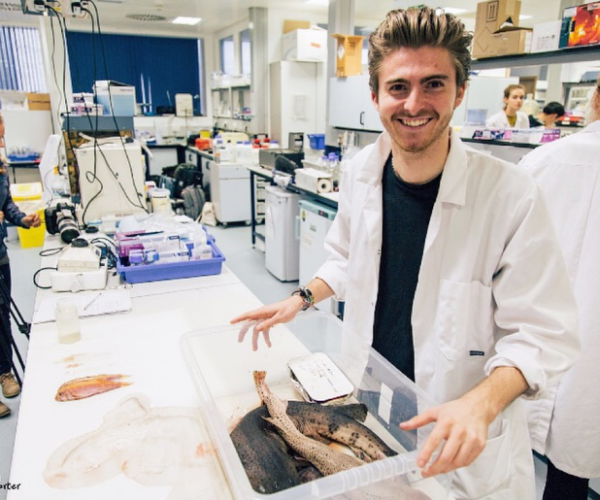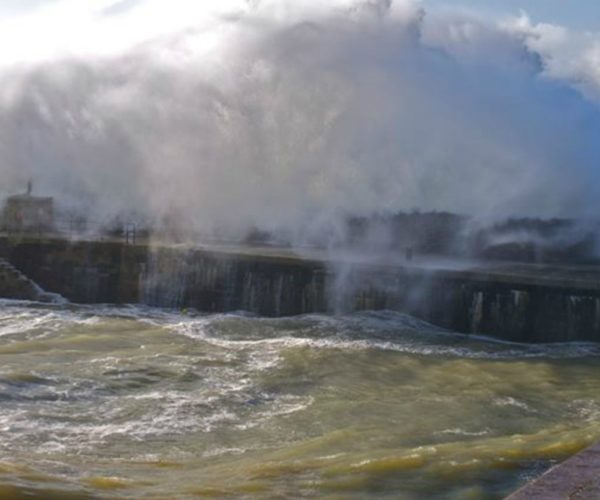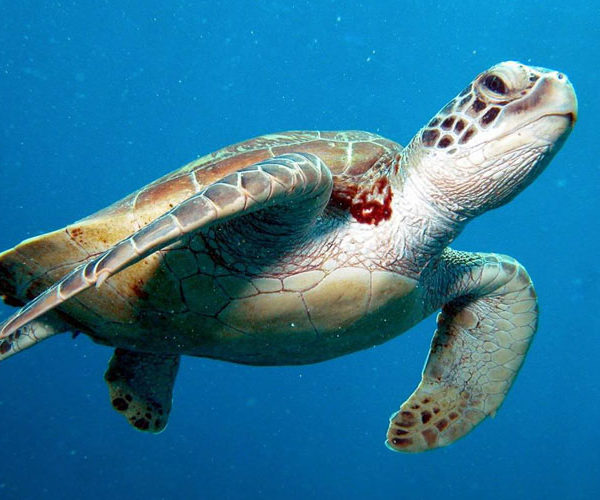We were joined by Dr. Rebecca Short in this episode, discussing a variety of work, including her role within the SOPHIE project and her work […]
Tag: podcast
Exeter Marine Podcast – Coral Reef Bioacoustics Part II, with Tim Gordon
In this episode we talk to Tim Gordon about his work studying coral reef bioacoustics, this is a follow-up from the interview we did with […]
Exeter Marine Podcast – Coral Reef Bioacoustics Part I, with Prof. Steve Simpson
https://soundcloud.com/scientistsatsea/coral-reef-bioacoustics-part-i-with-prof-steve-simpson/s-GrrNyTaArcM Show notes In this episode Professor Steve Simpson talks to us about his research covering a number of topics focusing primarily on his […]
Scientists at Sea Podcast – Seals and Salmon Farms, with Lizzie Daly
Show Notes Disclaimer While we are very supportive of our alumni, we need to emphasise that the views expressed in this podcast are not necessarily […]
Scientists at Sea Podcast – Microplastics and Sharks with Kristian Parton
Show Notes – Mircoplastics and Sharks with Kristian Parton Of all the pollutants impacting the environment, plastics are perhaps among the most talked about […]
Scientists at Sea Podcast – Climate Change, why don’t people act? With Catherine Leyshon
Show Notes In the last episode we spoke with Paul Butler and Annette Broderick about climate change and how this impacts their work on bivalves […]
Scientists at Sea Podcast – Climate Change, Turtles, and Bivalves
Show Notes In this episode Ethan and Ben discuss the latest Climate Change Report released by the IPCC (Intergovernmental Panel on Climate Change), with Professor […]

